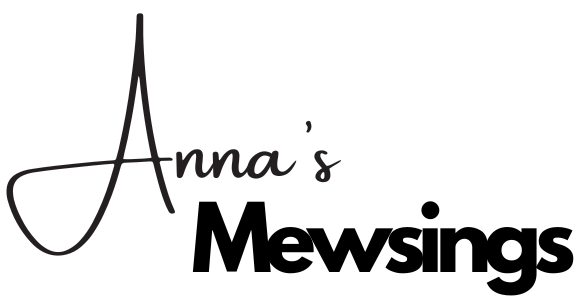ATTENTION: How do we pay it?

The most precious gift we can offer anyone is our attention
Thich Nhat Hanh
Recently I read a scholarly and readable book that made me think a lot about ‘attention.’ Stand Out of Our Light is the work of former Google strategist turned Oxford philosopher, James Williams. One hundred and thirty pages crammed full of ideas, theories and things-to-think about. Where does my time, energy and attention go to? What are the true goals in my life?
The million dollar question underlining all this: does the current fast moving, ever changing, relentless speed of technology help me achieve what I truly want? Williams offers a quote from Aldous Huxley that struck home. ‘Man has an almost infinite capacity for distraction.’ In an earlier blog in June on Multitasking I was conscious that distraction was proving lethal for me. It wasn’t simply the run of the mill variety. The unexpected visitor (sometimes delightful, sometimes less so), the car that won’t start just as you’re about to make the school run (not good) or the fact that you’ve forgotten the next day is a bank holiday and the fridge is empty.

These particular distractions are the offspring of our ever present mobile phones and computers, laptop or desk top! They come regularly, remorselessly and unceasingly from the technology supposed to make our lives easier, smoother and better. We can’t escape them. The everlasting emails of notification, upgrade, update, new apps, ping in my ears. The constant supply of information : Briefing news, Breaking news, Fake news. Netflix, Instagram, Twitter, Buzzfeed – an endless supply of information and entertainment is on offer 24 hours a day, 7 days a week – at the click of a button. Few of the above figure highly in my life goals.
Where do I want to spend my attention? On writing a new book. On playing with my adorable granddaughter. On all my family and friends. On meditation. And much more attention on the simple pleasures of life. Being creative in the widest sense, whether it’s cooking, walking, gardening, music, painting or watching the sun rise. Or just thinking my own thoughts over the washing up bowl.

Is the current technology distracting me from my life goals? Yes! Too fast, too powerful, too much information. Long gone are the days when I had a few clues about techie matters. The I-phone launch in 2007 swept those away. Now it’s hard to process the amount of information lurking in every corner. Or the demands to upgrade printers, phones, computers and every piece of software before you’ve hardly digested the last shift. It takes up way too much of my attention. And distracts me from what I really sat down to do.
How many of us are on the ‘treadmill of incompetence?’ Lest you think all this is a moan from someone who can still remember black and white television, I quote Mr Williams (please remember he worked for Google) on the speed and intensity of our current technology ‘… this can result in a situation in which users are in a constant state of learning and adaptation…. familiar enough with their technologies to operate them, but never so fully in control that they can prevent the technologies from operating on them in unexpected or undesirable ways. This keeps us living on what I sometimes call a “treadmill of incompetence.” The underlining is mine but the bold is his.
If it’s true that every time we’re interrupted or distracted from a task we’d set ourselves it can ‘take an average of 23 minutes to regain our focus’, then we’re all losing a lot valuable time. Consider for a moment those amongst us who apparently check their phones up to 150 times a day or spend 21 hours a week on social media. I’ve not yet fallen prey to either of these particular distractions. But just think of the unhappy individuals faced with two or three hundred emails so overwhelmed they suffer ’email apnoea’ and quite literally, temporarily at least, stop breathing.

Mr Williams wants to make us aware that the demands on our attention are not entirely benevolent. In the old days – dare we say 15 or 20 years ago – we had ‘information scarcity‘. Now we have ‘information abundance’- which he considers has provoked ‘attention scarcity.’ And led us, knowingly or unknowingly into the ‘attention economy.’ In essence this means that those endless requests for our attention – and our valuable data – can ultimately be translated into hard currency. It’s all part of this mixed-blessing-parcel.
The techie giants: Amazon, Apple, Facebook, Google have goals that are not necessarily our own. According to Williams, this is ‘… to persuade us to look at something, to buy something, to prefer one idea to another, to support one group or one cause over another.’ Chillingly, he points out, ‘ This is literally the design purpose of many of the technologies you trust to guide your life every day.’

If we’re not among the techie wizards, how do we cope? Maybe we create our own form of self-regulation. We decide what we can absorb by way of information and be conscious of whether or not it serves us. I’m grateful to Mr Williams. There’s much to ponder in his book and I’ve only touched on a fraction of it. As he points out , ‘Attention is paid in possible futures foregone.’ Our attention is precious. To anyone who’s spared a moment to read my blog today, my grateful thanks. I appreciate the gift.
